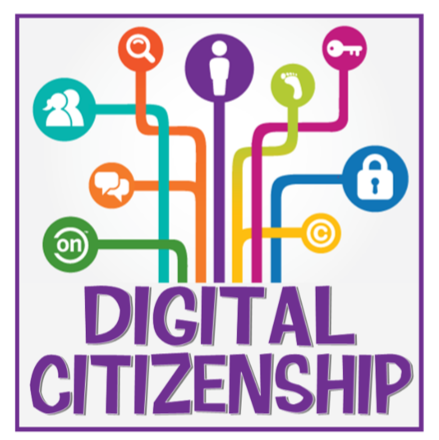WHAT IS DIGITAL CITIZENSHIP? WHY IS IT SO IMPORTANT?
Digital Citizenship is something that all teachers need to be aware of. With the growing amount of online activity that students are involved in, we need to provide students with clear guidance on ‘best practice’ when working online. We want our students to enjoy the huge benefits that the internet and computers generally offer but at the same time make our students aware of the issues and dangers. Just like people should be good citizens in society, they should also be good citizens online. In this article we provide you with an general overview of the topic and then suggest an activity that you might like to try with your students.
Ethics is at the core of digital citizenship. It is particularly important to students as they tend to use technology a lot but are not necessary clear on the issues. The types of issues that might come up include:
- What do you do if someone contacts through the internet that you don’t know?
- Is it a good idea to share compromising pictures of yourself or a friend on the internet? What could be the consequences?
- Is it fair to download and use pictures that are not yours? Is it fair to download movies from an illegal website?
- Can you copy text from a website and paste it in to your essay?
- How do you know if the information your friend sends to you is authentic?
- What should you do if you receive an unkind or rude text about someone in your class?
A very simple framework that can help you think about digital citizenship was set out by Howard Gardner [1]. He suggested 5 main areas.
Happy student posing in a classroom
Identity
Students need to think about how they would be viewed if someone searched for information about them on the internet. Have they uploaded any compromising pictures into their profile? Have they included any silly or rude comments on discussion boards that other people can easily find?
Privacy
How well protected is their information? Are they using simple passcodes? Who do they share their passcodes with? What information have they set as public on sites like Facebook?
Ownership
How do they deal with content that has been created by other people? How do they know if they have permission to use certain pictures, videos or even text? What should they do if they used a quote from an article on the internet? Is it right to copy text from another source and claim it as yours?
Trustworthiness
How do they know if the information they receive from the information is right or wrong? What is fake news and how can they find out if it is fake or not? How do they know if a website is authentic?
Group of women learning computer programming
Community
How should they engage with the rest of the community on the internet? What should they do if they receive malicious texts or emails about other people?
These are the 5 key areas that they need to think about and under each of these headings a number of issues are likely to be raised, especially in the context of young people. The good news is, there are a whole number of resources that English teachers can make use of. The following is an example of an activity that you might like to try with your students. It helps students to think about the 5 areas and the sorts of issues that are raised under each category. It also encourages students to develop a set of guidelines.

